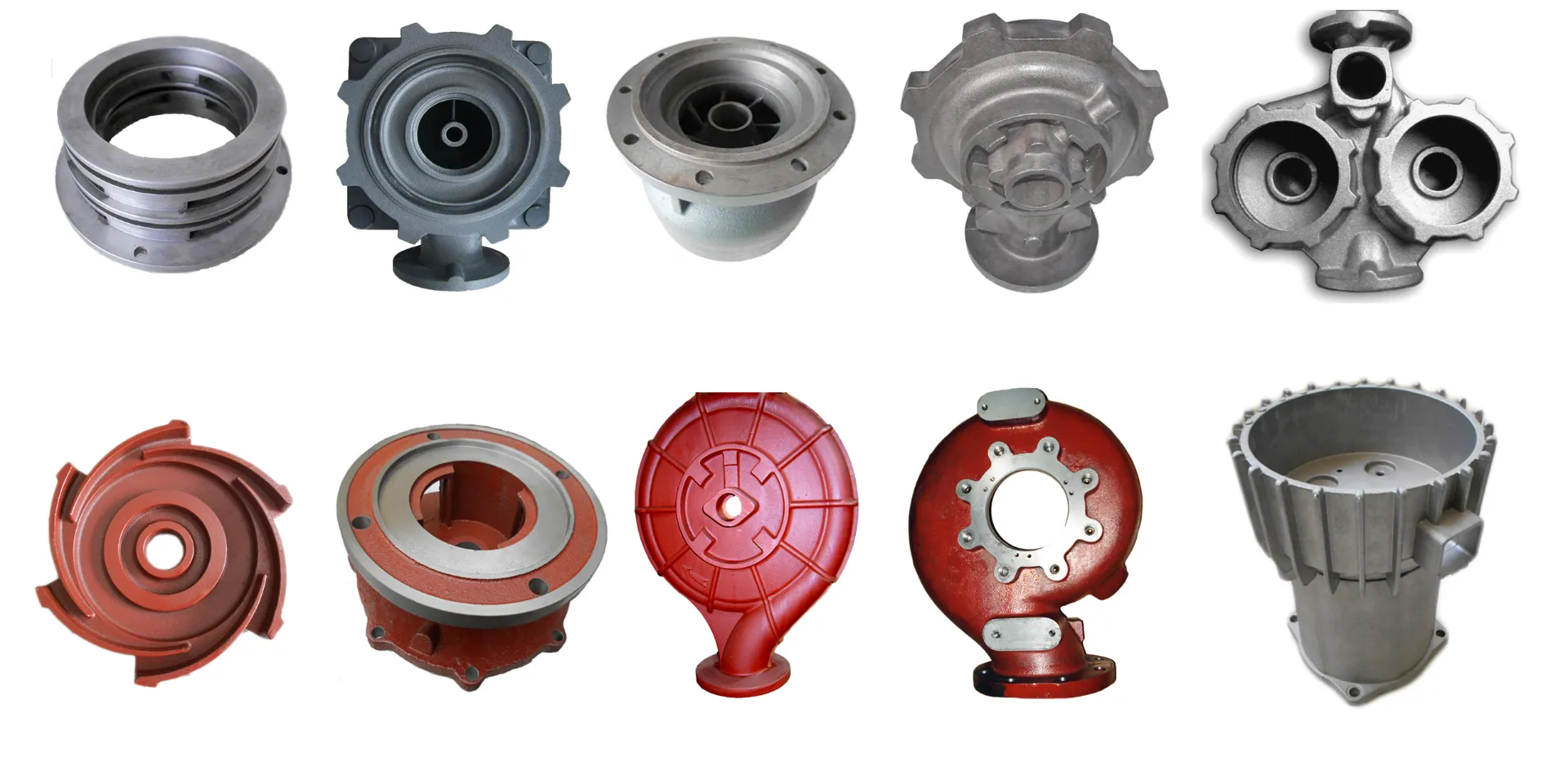Mobile:+86-311-808-126-83
Email:info@ydcastings.com
Understanding the Function and Maintenance of 454 Marine Engine Exhaust Manifolds
The Importance of the 454 Marine Engine Exhaust Manifold
Marine engines are the heart of any vessel, powering everything from fishing boats to luxury yachts. Among the critical components that ensure these engines operate efficiently is the exhaust manifold. Specifically, the 454 marine engine exhaust manifold plays a pivotal role in managing exhaust gases and supporting the overall performance of the engine. Understanding its function, design, and maintenance can help vessel owners maximize the lifespan and efficiency of their marine engines.
Functionality of the Exhaust Manifold
The primary role of the exhaust manifold is to collect exhaust gases produced by the engine's cylinders and direct them out of the engine. In the case of the 454 marine engine, which is based on the popular Chevrolet Big Block engine platform, the manifold serves to combine the exhaust from multiple cylinders into one outlet. This design not only aids in expelling gases but also helps in reducing noise levels and improving exhaust flow, which is essential for optimally functioning marine propulsion systems.
Furthermore, the exhaust manifold in the 454 engine is engineered to endure the harsh marine environment. This encompasses exposure to saltwater, varying temperatures, and high humidity levels. Therefore, the materials used in the manufacture of the 454 marine engine exhaust manifold are typically cast iron or stainless steel, known for their durability and resistance to corrosion.
Design Considerations
The design of the 454 marine engine exhaust manifold is particularly crucial in high-performance applications. The configuration affects exhaust gas backpressure, which, in turn, impacts engine efficiency, power output, and fuel economy. A well-designed manifold minimizes backpressure, allowing for smoother and more efficient exhaust flow. This is essential in marine vessels, where performance directly correlates with both speed and fuel consumption.
454 marine engine exhaust manifold

In addition to performance, the design aspects of the exhaust manifold also include considerations for cooling. In marine applications, exhaust systems often utilize water-cooled manifolds. Cold seawater is mixed with exhaust gases, helping to lower the temperature of the gases before they exit the boat. This cooling not only protects various engine components but also reduces the risk of heat-related failures, which could otherwise lead to costly repairs.
Maintenance and Troubleshooting
Regular maintenance of the exhaust manifold is crucial for the longevity of the 454 marine engine. Marine engine exhaust manifolds can be susceptible to corrosion and wear over time. Regular inspections for cracks, corrosion, and residue buildup can help identify potential issues before they evolve into significant problems.
Replacing gaskets and seals is another vital maintenance task. Ensuring these components are in good condition prevents exhaust leaks, which could lead to engine performance degradation and even safety hazards due to carbon monoxide exposure.
In case the manifold shows signs of failure, such as rust or a noticeable decrease in engine performance, it may be time for replacement. Upgrading to a performance exhaust manifold can also provide additional benefits, such as improved exhaust flow and increased horsepower.
Conclusion
In summary, the 454 marine engine exhaust manifold is a vital component that contributes to the overall efficiency, performance, and reliability of marine engines. Understanding its functionality, design features, and maintenance requirements can significantly enhance the performance and lifespan of any vessel equipped with this powerful engine. By ensuring that the exhaust manifold remains in top condition, boat owners can enjoy smoother, safer, and more enjoyable outings on the water.
-
Why Should You Invest in Superior Pump Castings for Your Equipment?NewsJun.09,2025
-
Unlock Performance Potential with Stainless Impellers and Aluminum End CapsNewsJun.09,2025
-
Revolutionize Your Machinery with Superior Cast Iron and Aluminum ComponentsNewsJun.09,2025
-
Revolutionize Fluid Dynamics with Premium Pump ComponentsNewsJun.09,2025
-
Optimizing Industrial Systems with Essential Valve ComponentsNewsJun.09,2025
-
Elevate Grid Efficiency with High-Precision Power CastingsNewsJun.09,2025











